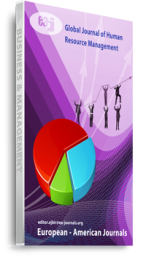The health sector is labour intensive, requires diverse professional and precise application of knowledge to assure the delivery of quality service. Health workforce training institutions are critical part of the health system; affect the lives of people because the quality of training affects performance of health workers, health of people, and health of the nation. Training institutions are therefore, partly responsible for failure of the health system. Training curricula for most professions are clinical and curative oriented. Changes in the Nigerian health care environment necessitate training institutions to integrate additional critical competencies, since professionals early after graduation take on management and leadership responsibilities. This paper examines additional competencies that Nigerian health professionals require in order to function effectively in the 21st century health sector: skills in health policy analysis, health planning, organising, and leadership, quality assurance, managing human resource, teamwork, effective communication skills, and holistic thinking
Keywords: 21st century health human resource, Health Human Resource, Training health human resource

